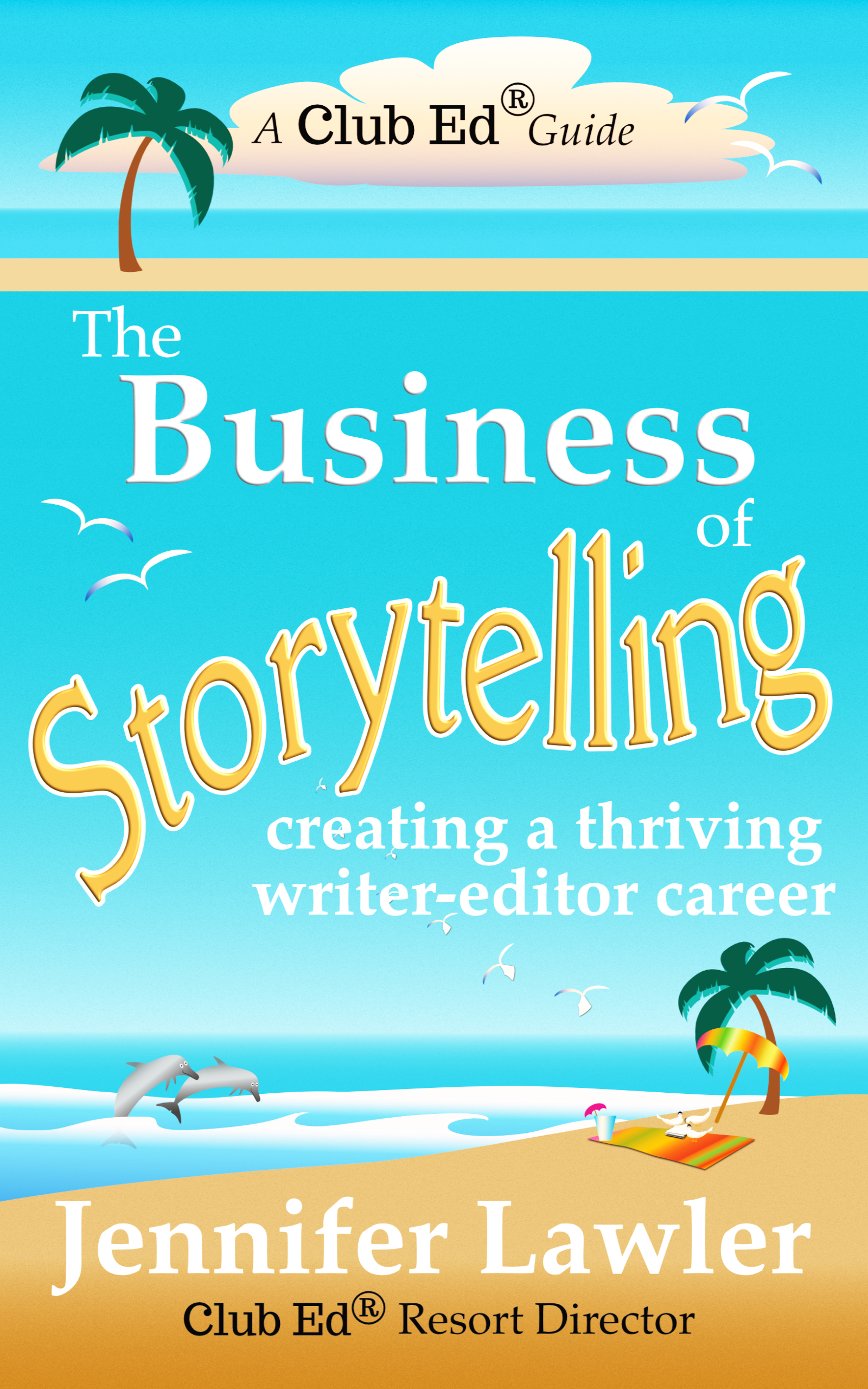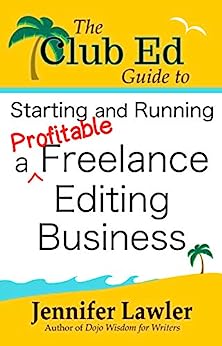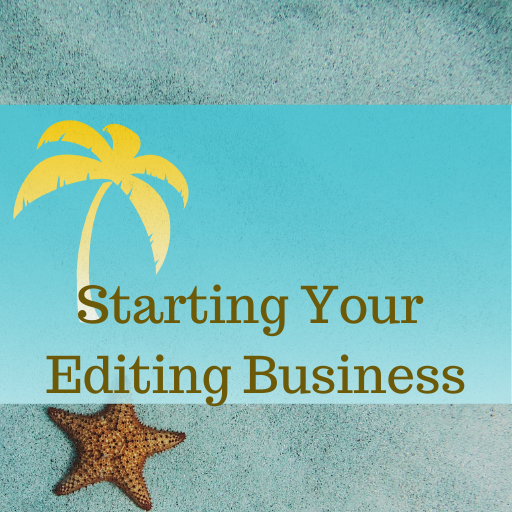Build Your Editing Business on a Budget
Starting and running a freelance business costs money, and you need to know how to build your editing business on a budget.
This is an unfortunate irony at a time when many people have lost their jobs and would like to freelance to earn income but don’t have much spare change to invest in it.
How to Build Your Editing Business on a Budget
So, this blog post is about (as the title states) how to build your editing business on a budget. But I’m not going to name specific tools to try, as that’s information you can pick up without too much trouble on a thousand other blogs. I want to talk about how to think about expenses.
The most important consideration is that you need the right tools to do your job. This is where aspiring freelancers sometimes try to cut back, but that makes them unable to deliver professional results on time. You can’t succeed that way!
Identify the Tools You Need
You need a reliable computer, reliable internet access, a professional-sounding email address (Yourname123@gmail.com suffices, but not assbackwards@yahoo.com), and appropriate skills.
You may be able to use Google Documents for some clients, but for most (particularly when developmental editing at book length), you’ll need to use Microsoft Word. Whether you use the cloud-based version of the software or not, this will cost money.
If you’re hoping to be a copy editor but don’t know what CMOS is, you need training. While you don’t necessarily have to take a class or attend a certificate program, you’re probably going to need to buy some books.
So you do need to invest in yourself and your business. In fact, I recommend that you set aside a certain percentage of all income you earn to reinvest, whether this means upgrading your computer or taking classes to upgrade your skills (or, ideally, both).
But you should invest in the right things. You don’t need printed business cards this minute. In classes I teach about getting started in freelancing, people tell me about spending money printing business cards and similar collateral. It has been at least five years since I’ve given someone a business card, and I can’t remember the last time giving one out resulted in any business. I think it may be “never.”
If you meet someone in person and want to keep in touch with them, get their contact information and put it in your phone. If you are going to a conference (someday when we have conferences again), then it may be useful to invest in business cards or other collateral, but if you’re not going to choke at the cost of attending a conference, then the business cards shouldn’t be a deal-breaker.
Build your editing business on a budget: Separate wants from needs
- You need to back up your files and it’s easier to do using a paid service like Carbonite, but you can use the free version of Dropbox if you prune away the old files on a regular basis.
- If you can’t afford to build and host a website, then you can start with a great (free) LinkedIn page to refer people to.
- Same with marketing your services. Someone just bemoaned to me that the free version of Mailchimp (a way to easily send email marketing newsletters) wasn’t robust enough for the marketing she wanted to do. Well, no, not if you’re marketing to ten thousand people at a time. However, a small marketing list hosted for free on Mailchimp can generate excellent results for editorial freelancers.
Buy it “just in time”
Planning ahead of time is smart. If you’re going to offer live video coaching sessions, you should probably think about how many meetings you’re likely to need in a given month, how many people are likely to be on each call (one individual or a group?), and other factors that matter in choosing a video conferencing service. Then you can do some research about which options will best suit your needs.
But until you actually get a video coaching client, you don’t need to buy the service.
I use an Excel spreadsheet to track my accounting. When I need something more complex, I buy it. However, in twenty-five years, I have not needed anything more complex.
If you do need accounting software—perhaps you have a lot of invoices and want to automate this or find it hard to keep track of who has paid what—then, by all means,, invest in it. But just because you think you might or because someone else uses it doesn’t mean you have to. Buy it when you need it, not before.
Invest Time & Effort, Not Money (or DIY Freelancing)
To learn about free and inexpensive resources, to develop your skills, and to be in a position to give and get referrals helps to be hooked up with other freelancers. You can do this by following and interacting with other editors on Twitter, participating in online groups like the Editors’ Association of Earth (on Facebook), and so on.
Cultivating clients may require sending letters of introduction to publishers you want to work with or answering questions in an online writers’ group to establish your expertise and perhaps connect with potential clients.
These things require time and effort. There aren’t a lot of shortcuts. People try to find shortcuts, such as by listing a profile on Upwork and similar places, but for the most part, those types of platforms undervalue professional services and pay a pittance. Such jobs don’t build your skills or help you build your business. Instead of winding up on a treadmill of low-paying work, invest the time in cultivating better-paying clients.
Doing it yourself can require a big commitment, I know. The first time I tried to figure out how an e-commerce plugin works (to sell classes on my website), it took me days to wade through all of the documentation and make it go. But the next time I needed to configure a plugin for e-commerce, it was much easier and took me an hour or two. Not only did I save money—for both website updates—but I also learned a lot about what I needed an e-commerce plugin to be able to do, and I understood a lot more clearly what e-commerce plugins can actually accomplish.
Investing time and effort instead of money also means being patient, which can be hard when you’re feeling stressed about money. This weekend was the first time someone requested to join the Club Ed forums and I didn’t know them from a class I’ve taught—and I opened the Club Ed forums in December. Freelance editing is not a get-rich-quick scheme.
Until you’re fully booked consistently, don’t farm out chores. Managing other people is time-consuming. Hiring other people is expensive. It’s okay not to take over the world with your business. Manageable is beautiful.
Tips for Editors & Writers
Let the manuscript teach you how to edit it
One of the lessons I’ve learned over many years of editing is that you have to let the manuscript teach you how to edit it. Every manuscript is different and every manuscript needs a different touch. Even when an author does something I’ve seen many times before, I have to edit for that particular manuscript,…
Helping Authors Strengthen Story Settings
The setting of a novel consists of multiple elements, big and small, that nest inside each other like those little Russian dolls. We might show this hierarchy of settings like so: If you think about it, the micro setting of “the living room of 601 San Mateo Road Apartment 16” implies the existence of all…
Setting problems: lack of concrete locations
Writers often use setting like a painted backdrop to their stories, rather than as an integral element of their storytelling. As DEs, we can help them make the setting come to life. If we think of Wuthering Heights, we think of the Yorkshire moors. When we think of Moby Dick, it’s a whaler on the…
Join the Club!
New to story editing? Begin at the beginning.











